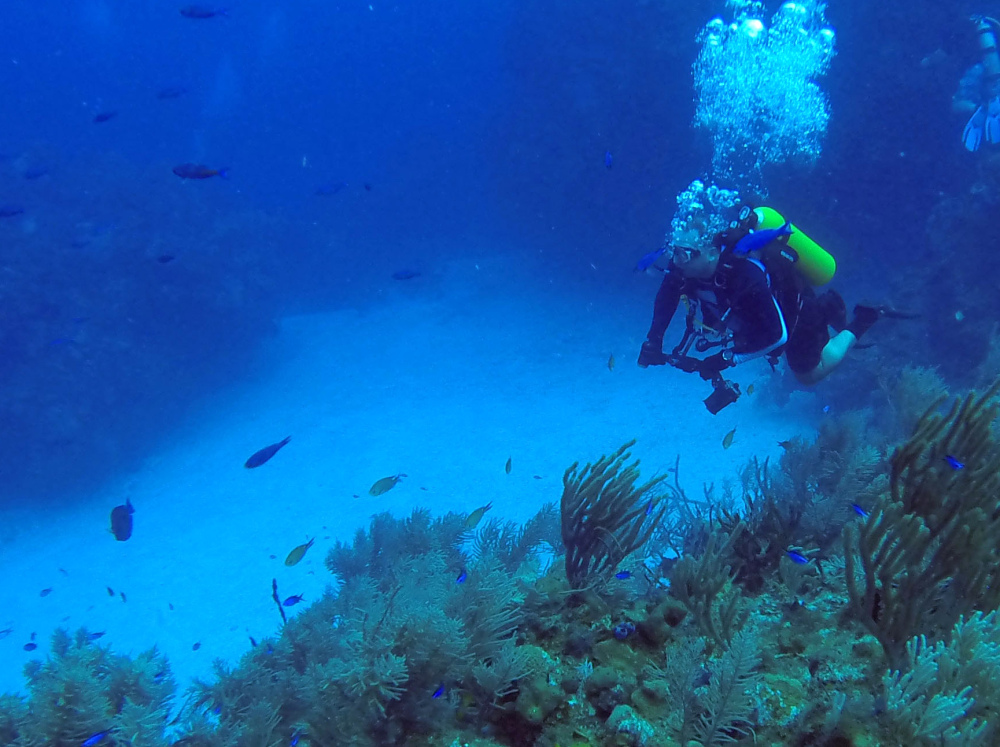HAVANA — The United States and Cuba signed an agreement Wednesday to join forces and protect the vast array of fish and corals they share as countries separated by just 90 miles, the first environmental accord since announcing plans to renew diplomatic relations.
“We recognize we all share the same ocean and face the same challenges of understanding, managing, and conserving critical marine resources for future generations,” said Kathryn Sullivan, chief of the U.S. National Oceanic and Atmospheric Administration.
The memorandum signed by U.S. and Cuban officials in Havana directs scientists with the Florida Keys and the Texas Flower Garden Banks national sanctuaries to collaborate with researchers at two similarly fragile and protected reserves: Guanahacabibes National Park and the Banco de San Antonio, located on the island’s westernmost region.
Ocean currents carry many of the same fish and organisms off the coast of Cuba into the Gulf of Mexico and the Atlantic Ocean, making collaboration on topics like preservation and sustainability an area of mutual interest for scientists in both countries.
“Fish, marine mammals, sea turtles, birds and other marine life exist in ecosystems that rarely fall within maps drawn by man,” said Jonathan Jarvis, director of the U.S. National Park Service, which also signed the accord and will participate in the new exchange.
Washington and Havana announced last December that they would resume diplomatic ties, and formally did so in July.
Environmental cooperation has been one of the most visible areas of progress in the relationship as the United States and Cuba negotiate and discuss a number of issues.
Send questions/comments to the editors.



Success. Please wait for the page to reload. If the page does not reload within 5 seconds, please refresh the page.
Enter your email and password to access comments.
Hi, to comment on stories you must . This profile is in addition to your subscription and website login.
Already have a commenting profile? .
Invalid username/password.
Please check your email to confirm and complete your registration.
Only subscribers are eligible to post comments. Please subscribe or login first for digital access. Here’s why.
Use the form below to reset your password. When you've submitted your account email, we will send an email with a reset code.